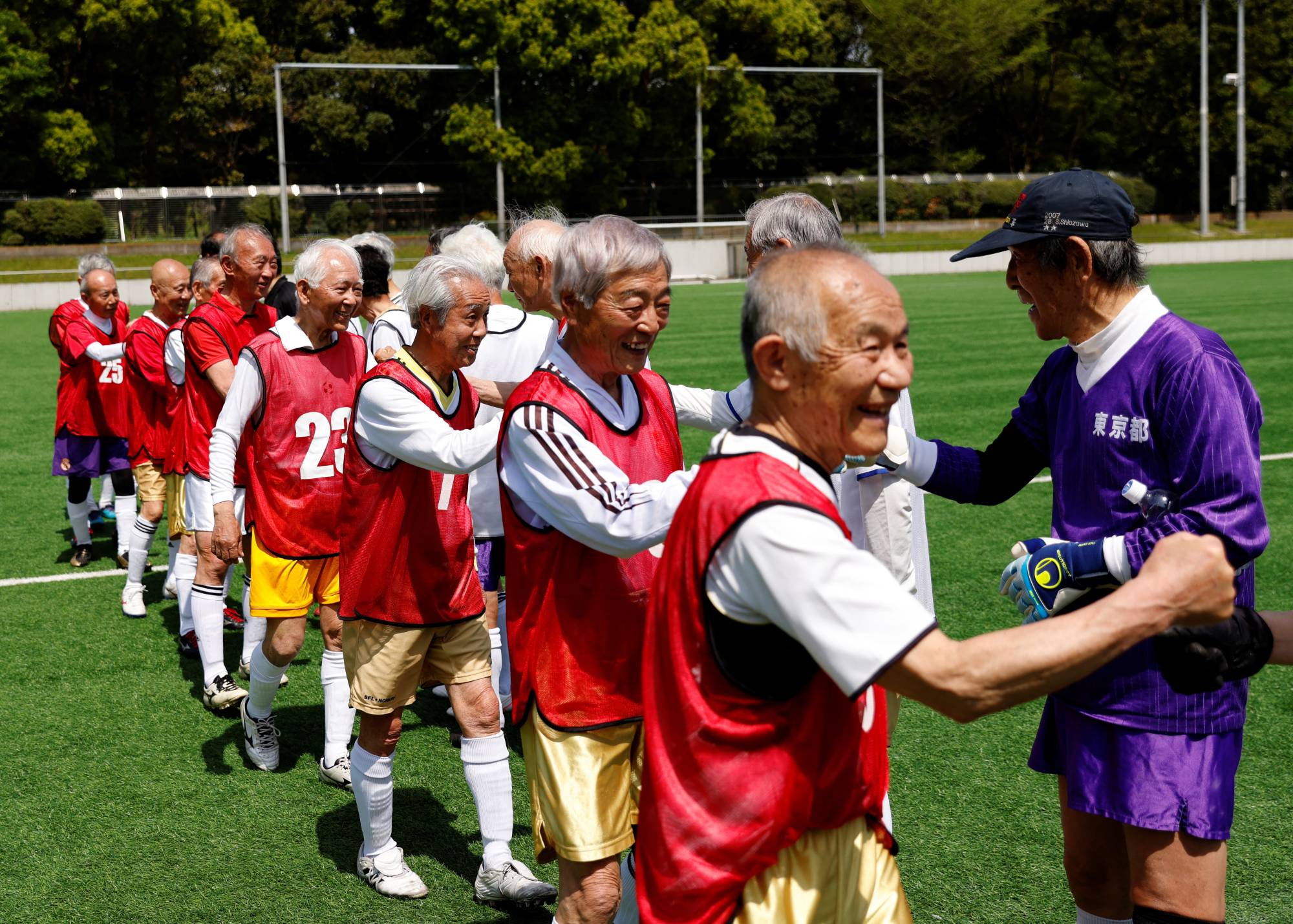“The Impact of Football on Society in Japan
Related Articles The Impact of Football on Society in Japan
The Impact of Football on Society in Japan

Football, or soccer as it is commonly known in Japan, has experienced a remarkable journey in the country, evolving from a relatively obscure sport to a national passion that has profoundly impacted Japanese society. This transformation is not merely about the game itself; it reflects broader shifts in cultural identity, national pride, social development, and international relations.
Historical Overview
The introduction of football to Japan can be traced back to the Meiji era (1868-1912), a period marked by rapid modernization and Westernization. British educators and advisors played a crucial role in introducing the sport to Japanese schools and universities. Initially, football was primarily an activity for the elite, confined to educational institutions and expatriate communities. However, its appeal gradually spread, leading to the formation of amateur leagues and clubs.
Despite its early presence, football remained in the shadow of other sports, particularly baseball, which had already established itself as the national pastime. It wasn’t until the establishment of the Japan Professional Football League (J.League) in 1993 that football began to gain significant traction. The J.League was a watershed moment, injecting professionalism, investment, and media attention into the sport.
The J.League Era: A Turning Point
The establishment of the J.League marked a turning point for football in Japan. The league was designed not only to promote the sport but also to foster a sense of community and regional identity. Each team was required to be deeply rooted in its local area, engaging with fans and contributing to local development. This approach proved to be highly successful, as fans rallied behind their local teams, creating a strong sense of belonging and civic pride.
The J.League also brought about a significant improvement in the quality of play. With increased investment, clubs were able to attract talented players from both Japan and abroad. The influx of international talent raised the level of competition and provided Japanese players with valuable opportunities to learn and develop.
National Team Success and National Pride
The success of the Japanese national team, known as the Samurai Blue, has been instrumental in popularizing football and fostering national pride. Japan’s first appearance in the FIFA World Cup in 1998 was a momentous occasion, igniting a wave of enthusiasm for the sport. Subsequent World Cup appearances, including co-hosting the 2002 tournament with South Korea, further solidified football’s place in the national consciousness.
The Samurai Blue’s achievements on the international stage have had a profound impact on Japanese society. They have provided a sense of national unity and pride, particularly during times of economic or social challenges. The team’s success has also inspired young Japanese players to pursue their dreams of playing professional football, both at home and abroad.
Social and Cultural Impact
Football’s impact on Japanese society extends beyond the realm of sports. The sport has played a significant role in promoting social values, fostering community spirit, and contributing to cultural exchange.
- Promoting Social Values: Football promotes teamwork, discipline, respect, and fair play – values that are highly valued in Japanese society. The emphasis on collective effort and mutual support resonates deeply with Japanese cultural norms.
- Fostering Community Spirit: The J.League’s emphasis on local engagement has fostered a strong sense of community spirit. Fans from all walks of life come together to support their local teams, creating a sense of belonging and shared identity.
- Contributing to Cultural Exchange: The presence of international players and coaches in the J.League has facilitated cultural exchange and promoted greater understanding between Japan and other countries. Japanese players who have played abroad have also served as cultural ambassadors, showcasing Japanese values and work ethic to the world.

Economic Impact
The rise of football in Japan has had a significant economic impact. The J.League is a major industry, generating revenue through ticket sales, merchandise, broadcasting rights, and sponsorships. The construction of new stadiums and training facilities has also created jobs and stimulated local economies.
Furthermore, the success of Japanese players in overseas leagues has boosted the country’s image and attracted foreign investment. The global popularity of football has also made Japan an attractive destination for sports tourism, further contributing to the country’s economic growth.
Football and Youth Development
Football plays a crucial role in youth development in Japan. The sport is widely played in schools and youth clubs, providing young people with opportunities to develop their physical, social, and emotional skills. Football programs emphasize not only athletic ability but also character development, teaching young players the importance of teamwork, discipline, and respect.
The success of Japanese football at the youth level is a testament to the effectiveness of these programs. Japan has consistently performed well in international youth tournaments, indicating a bright future for the sport in the country.
Challenges and Future Prospects
Despite its remarkable progress, football in Japan faces several challenges. One of the main challenges is maintaining the J.League’s competitiveness and attracting top-quality players. The league faces competition from wealthier leagues in Europe and other parts of the world.
Another challenge is addressing issues of diversity and inclusion. While football is becoming increasingly popular among women and girls, there is still a need to promote greater participation and representation at all levels of the sport.
Looking ahead, the future of football in Japan looks bright. The country has a strong foundation in place, with a well-established professional league, a passionate fan base, and a commitment to youth development. With continued investment and strategic planning, football can continue to grow and make a positive impact on Japanese society.
Conclusion
Football’s journey in Japan is a story of remarkable transformation. From its humble beginnings as a sport for the elite, it has evolved into a national passion that has profoundly impacted Japanese society. The establishment of the J.League, the success of the national team, and the sport’s role in promoting social values and fostering community spirit have all contributed to its rise.
While challenges remain, the future of football in Japan looks bright. With continued investment and strategic planning, football can continue to grow and make a positive impact on Japanese society, inspiring future generations and promoting a sense of national pride and unity.

